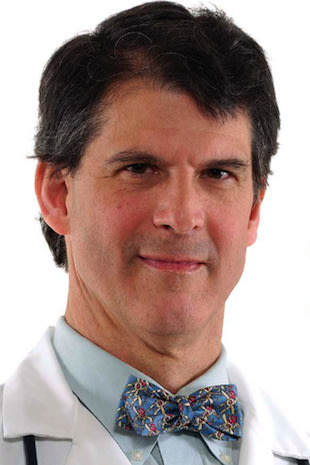Heaven is real, says neurosurgeon who claims to have visited the afterlife
By Eric Pfeiffer, Yahoo! News | The Sideshow – Wed, Oct 10, 2012 Dr. Eben Alexander claims to have visited the afterlife (Twitter)Dr. Eben Alexander has taught at Harvard Medical School and has earned a strong reputation as a neurosurgeon. And while Alexander says he's long called himself a Christian, he never held deeply religious beliefs or a pronounced faith in the afterlife.
Dr. Eben Alexander claims to have visited the afterlife (Twitter)Dr. Eben Alexander has taught at Harvard Medical School and has earned a strong reputation as a neurosurgeon. And while Alexander says he's long called himself a Christian, he never held deeply religious beliefs or a pronounced faith in the afterlife.
But after a week in a coma during the fall of 2008, during which his neocortex ceased to function, Alexander claims he experienced a life-changing visit to the afterlife, specifically heaven.
"According to current medical understanding of the brain and mind, there is absolutely no way that I could have experienced even a dim and limited consciousness during my time in the coma, much less the hyper-vivid and completely coherent odyssey I underwent," Alexander writes in the cover story of this week's edition ofNewsweek.
So what exactly does heaven look like?
Alexander says he first found himself floating above clouds before witnessing, "transparent, shimmering beings arced across the sky, leaving long, streamer like lines behind them."
He claims to have been escorted by an unknown female companion and says he communicated with these beings through a method of correspondence that transcended language. Alexander says the messages he received from those beings loosely translated as:
"You are loved and cherished, dearly, forever."
"You have nothing to fear."
"There is nothing you can do wrong."
From there, Alexander claims to have traveled to "an immense void, completely dark, infinite in size, yet also infinitely comforting." He believes this void was the home of God.
After recovering from his meningitis-induced coma, Alexander says he was reluctant to share his experience with his colleagues but found comfort inside the walls of his church. He's chronicled his experience in a new book, "Proof of Heaven: A neurosurgeon's journey into the afterlife," which will be published in late October.
"I'm still a doctor, and still a man of science every bit as much as I was before I had my experience," Alexander writes. "But on a deep level I'm very different from the person I was before, because I've caught a glimpse of this emerging picture of reality. And you can believe me when I tell you that it will be worth every bit of the work it will take us, and those who come after us, to get it right."